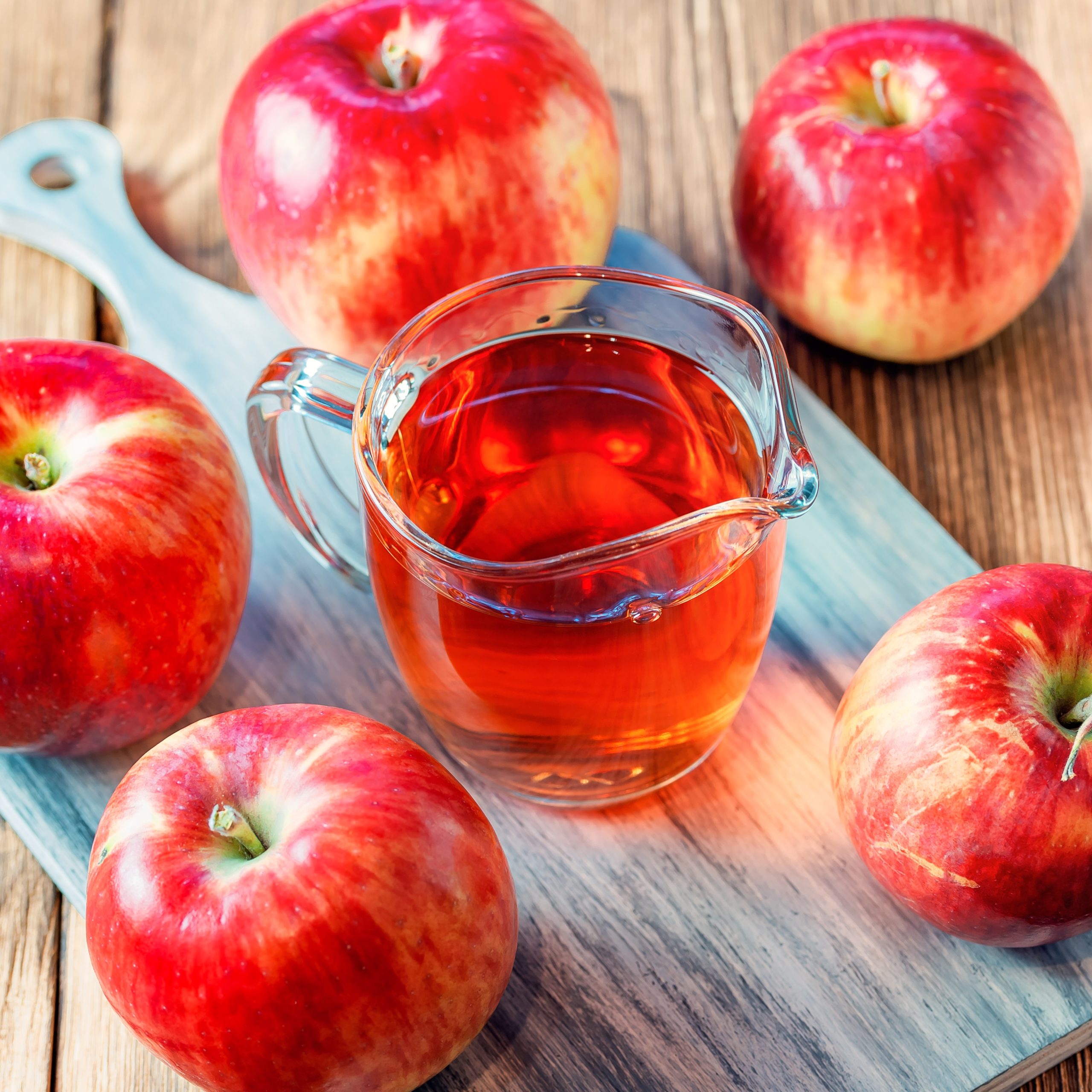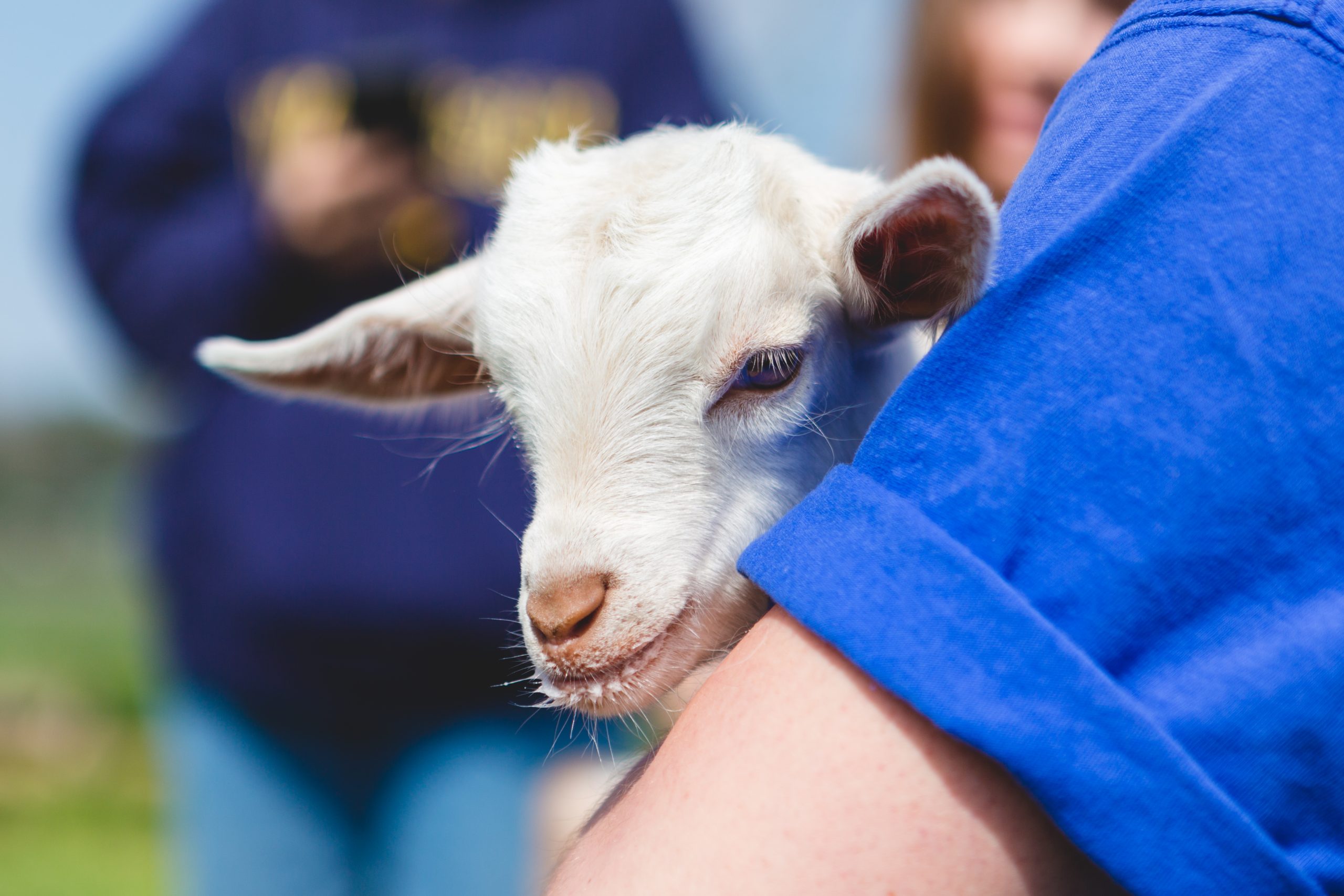Apple Cider Vinegar For Your Dog?

Apple cider vinegar (ACV) has gained popularity as a potential dietary supplement for dogs. Here are some potential benefits that have been associated with adding apple cider vinegar to a dog’s diet:
Digestive Health: Some proponents claim that ACV can promote healthy digestion by maintaining proper stomach acidity levels. It’s believed that ACV may aid in breaking down food and potentially improving nutrient absorption.
Urinary Health: ACV is sometimes suggested as a way to prevent urinary tract infections and crystals in the urine. The acetic acid in ACV could potentially create an environment that is less conducive to the growth of certain bacteria.
Skin and Coat Health: ACV is occasionally recommended for improving skin and coat health. It’s believed that the acids in ACV might help with itchiness, dandruff, and dry skin. However, not all dogs will respond positively to ACV, and it could potentially exacerbate certain skin conditions.
Weight Management: Some proponents claim that ACV can aid in weight management by reducing appetite and helping to regulate blood sugar levels. However, the scientific evidence for these claims in dogs is limited.
Flea and Tick Repellent: ACV is sometimes suggested as a natural remedy for repelling fleas and ticks due to its strong odor. However, its effectiveness as a repellent is debated, and there are more reliable and proven methods for flea and tick prevention.
It’s important to exercise caution when adding ACV to a dog’s diet:
Dilution: If you do decide to try adding ACV to your dog’s diet, it’s crucial to dilute it properly. The high acidity of undiluted ACV can be harsh on a dog’s stomach and teeth.
Dosage: The appropriate dosage will vary based on your dog’s size, weight, and individual health conditions. Too much ACV can potentially lead to digestive upset, electrolyte imbalances, and other health issues.
We hope you find this article somewhat useful. If you have any questions or queries, please don’t hesitate to get in touch.
You can also find a range of our latest products including training treats, RAW meats and every day accessories by clicking here.



